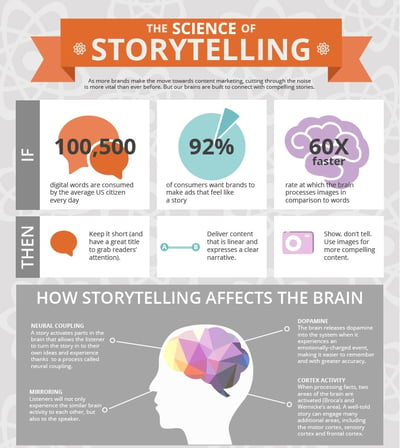 In 1985, an exuberant child was born to a school principal and a state trooper in Baltimore, Maryland. While every parent believes their child to be special, it was not until later that he proved himself to be extraordinary.
In 1985, an exuberant child was born to a school principal and a state trooper in Baltimore, Maryland. While every parent believes their child to be special, it was not until later that he proved himself to be extraordinary.
At age seven, partially inspired by his sisters, and also looking for an outlet to help deal with ADHA, the boy began swimming lessons. Like many young kids new to swimming, he was initially afraid to put his head under the water. As a result, he started by simply floating around on his back.
However, once he overcame his fear, he took to the water. A few years later when swimming at the North Baltimore Aquatic Club, he met a man named Bob, and his life changed indelibly.
By now, you may have figured out two things: that young boy was swimmer Michael Phelps, the most decorated Olympic athlete of all time, and that I used his tale to illuminate the importance of storytelling.
Engage and Inspire
I could have started off by saying Michael Phelps recently won his 22nd gold medal—more than anyone in Olympic history—or that at 31 he is the oldest athlete to win individual gold in swimming, but instead, I used storytelling to draw you in.
When it comes to content marketing, storytelling is necessary to engage and inspire your readers. Media pro James Lush discusses the importance of TRUTH—topical, relevant, unusual, trouble, human—meaning that your story should contain some, if not all, of these elements to be successful. (Phelps’ story is all of these things.)
The Science of the Story
 In fact, there is science to support the art of storytelling. Long have communities and cultures used storytelling to pass down history and legend, which works because the human brain becomes activated by these tales and is hardwired to remember. (Life Hacker).
In fact, there is science to support the art of storytelling. Long have communities and cultures used storytelling to pass down history and legend, which works because the human brain becomes activated by these tales and is hardwired to remember. (Life Hacker).
In marketing, storytelling is critical to getting humans to pay attention and remember your story and your brand. Marketers can no longer just grab attention; they must hold that attention and make consumers care about what they are saying. Storytelling, in the form of content marketing, is a way to cut through brain clutter and engage the reader.
Cracking the Code
The good news is that the secret of storytelling isn’t actually a secret. Writers, advertisers, and marketers have known this for years and have been sharing their content strategies and tips for success. In 2012, The New York Times published a story about the importance of fiction on our brains: neuroscience proves that stories “stimulate the brain and even change how we act in life.”
Storytelling perks up our brains in a way that reading facts and statistics does not. Which isn’t to say that those things are not relevant important, but it speaks to the manner in which that information is delivered.
“When reading straight data, only the language parts of our brains work to decode the meaning. But when we read a story, not only do the language parts of our brains light up, but any other part of the brain that we would use if we were actually experiencing what we’re reading about becomes activated as well.” (Fast Company).
In other words, when we are immersed first-hand in an experience, our brains absorb and retain the information differently than when we simply read and regurgitate facts.
Why It Matters for Marketing
Have you even seen an advertisement that resonated with you? Whether it made you laugh or cry, it stuck with you, and you probably told someone about it. “Hey, have you seen that commercial with…”
Well, that is what marketers are hoping for: for the story they are telling to engross you and compel you to share it with others. While the landscape has changed with the advent of social media, the premise remains the same—success comes when you strike the right emotional cord through powerful storytelling.
Once you master the art of storytelling, you can become the Michael Phelps of marketing create content that will evoke a particular emotion or truth with your audience and compel them to act upon it.
